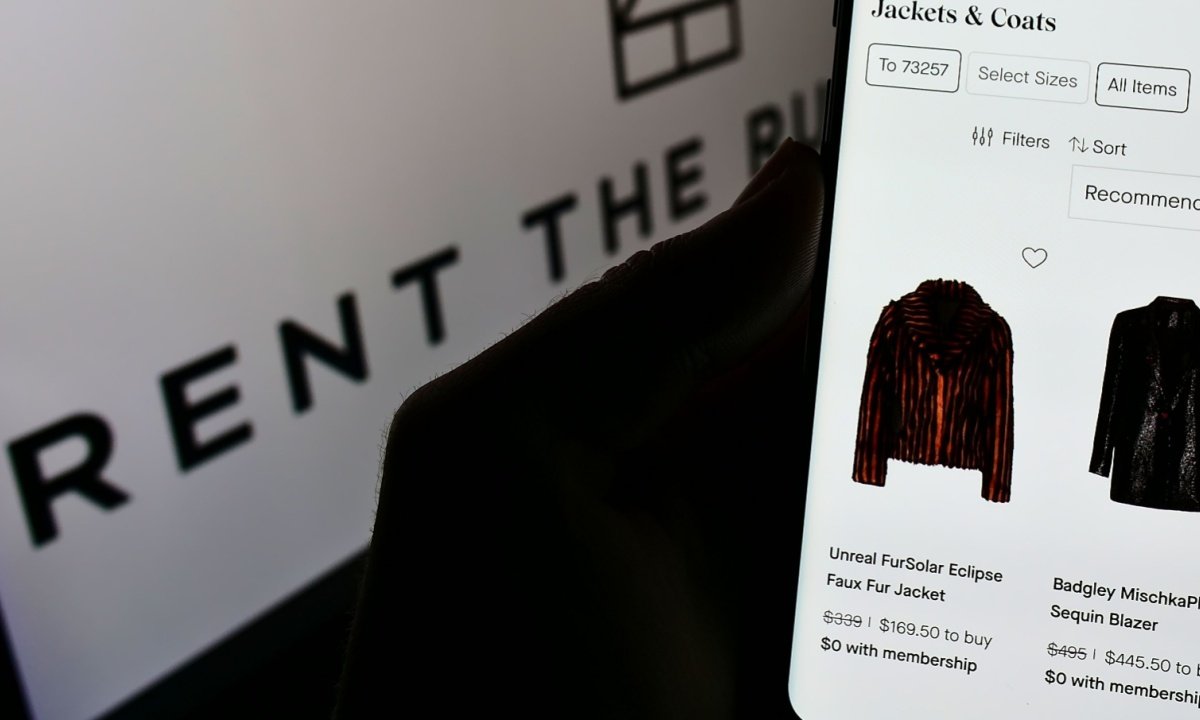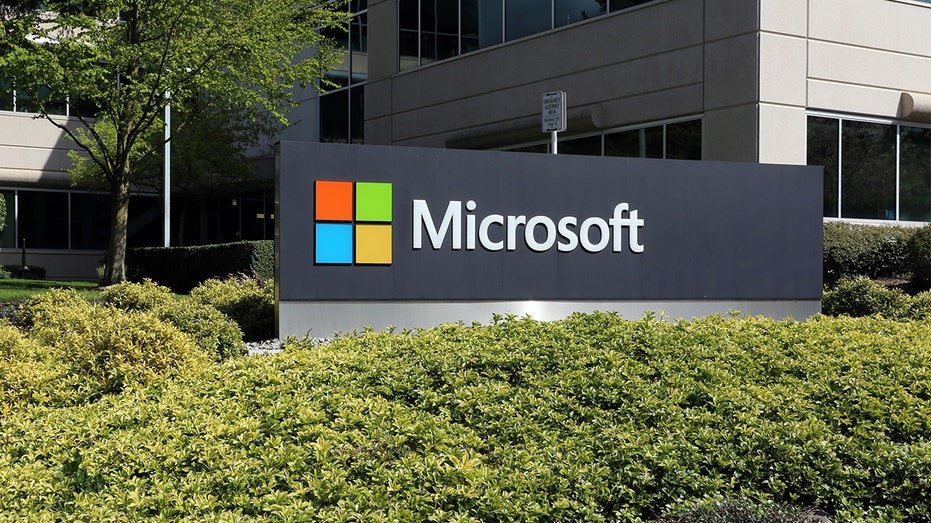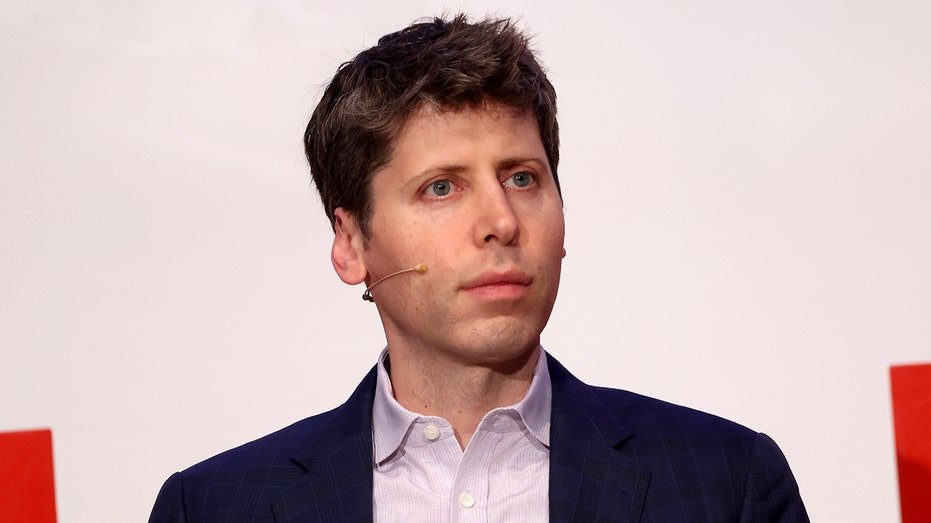The company’s changes also include improvements to inventory strategy, product innovation and connection with core customers, as well as a recapitalization plan that was announced in August, Rent the Runway Co-Founder and CEO Jennifer Hyman said Thursday (Sept. 11) during the company’s quarterly earnings call.
“Significant business transformations typically take place over a long time horizon,” Hyman said. “However, over the last several months, we’ve made swift progress and delivered results quickly.”
Recent product launches that enable personalized recommendations include features based on each customer’s favorite designers, styles and occasions, according to a presentation released Thursday.
Launched in August, these features personalize the customer’s browsing experience with “relevant recommendations based on her preferences and interests to make picking easy,” the presentation said.
The company also plans to leverage AI to surface insights from members’ reviews, making it easier for customers to find the right style and fit, per the presentation.
“Looking forward, product improvements will focus on incorporating more personalized recommendations […] and using AI for review summaries and fit improvements to build a continuously improved product for our customers,” Hyman said during the call.
Hyman also highlighted other components of Rent the Runway’s transformation, including a “historic investment in inventory” that has added 2,200 new styles and 56 new brands to the platform so far this year, giving customers more items to browse and rent; the launch of affiliate emails that enable customers to purchase from brands via links in Rent the Runway’s emails; new social media campaigns that facilitate the company “meeting our customers where they are on Instagram, TikTok and Reddit”; and exclusive, in-person events for subscribers that drew demand that was three times greater than capacity.
During the quarter ended July 31, Rent the Runway saw year-over-year increases of 2.5% in revenue, 13.4% in active subscribers, 5.7% in total subscribers, and 77% in average subscription net promoter score, according to a Thursday earnings release.
Hyman also spotlighted the recapitalization plan that Rent the Runway announced Aug. 21, saying it will strengthen the company’s balance sheet and supply it with fresh capital.
“Since COVID, I believe that our capital structure has been the thing holding us back from making a full comeback, and we’re happy to be moving forward into a new chapter,” Hyman said during the call. “We’re ready to be reacquainted with the investor community and I view this as our IPO 2.0.”


























